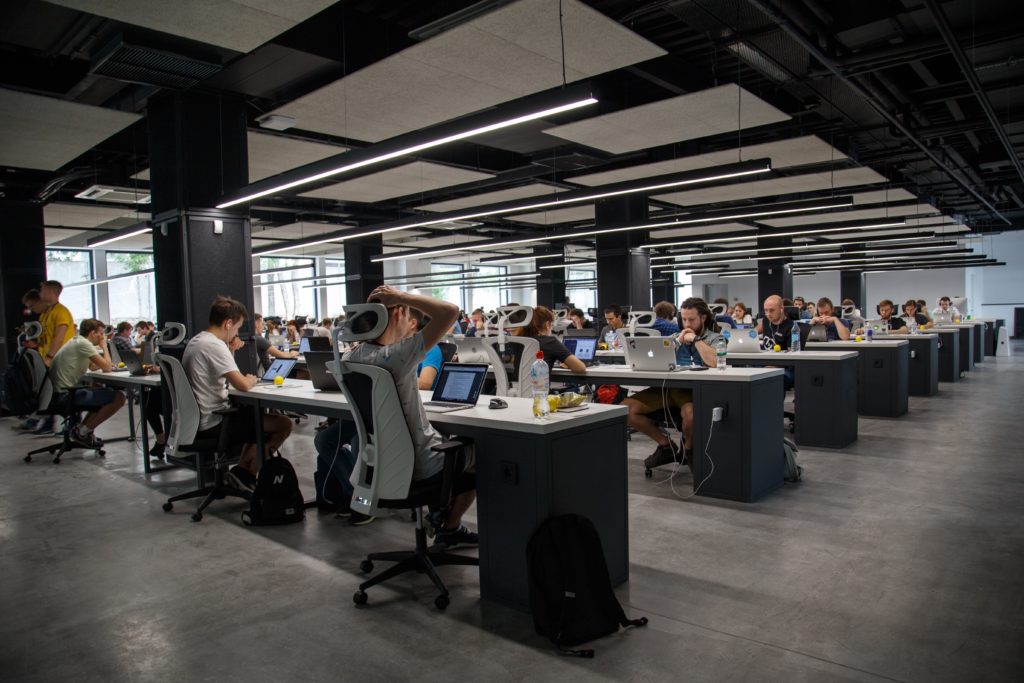The Professor Ron Johnston Humanitarian Innovation Hackathon will be held on 16 – 18 August 2019, engaging the most creative university students across Australia to turn their capabilities towards real and current problems faced by humanitarian disaster organisation, RedR Australia.
Hosted by The Warren Centre in Sydney, the Hackathon is designed for students to work collaboratively in cross-discipline teams to create technology-driven solutions for pressing humanitarian issues.
Ashley Brinson, Executive Director for the Warren Centre said, “We must look to our most talented minds and to the best technological tools to solve the most pressing humanitarian issues our world is facing.”
“The Hackathon will see university students Australia wide work in teams and will undertake rapid prototyping bursts in short-term hackathon type competition environments to develop pragmatic solutions to problems,” he said.
The Warren Centre has partnered with RedR Australia (RedR) for the Hackathon, an international humanitarian organisation providing engineering and other specialist support in dealing with crises and conflict across the globe. RedR has provided humanitarian challenges that students will be asked to solve across the weekend.
Elizabeth Taylor, Chair of RedR Australia said, “The challenges will not be known to the students until Saturday morning, but the problems they will be asked to create solutions for are drawn from RedR’s response efforts in a refugee camp.”
An indicative example is the support RedR provided in designing a new water reservoir and temporary dam so refugees have sufficient access to water year-round.
“A specialist deployed through RedR Australia recently supported this solution which made an enormous impact for the people living in the refugee camp. It will be exciting to see the students apply their studies to such challenges faced by humanitarians in the field today,” added Taylor.
On the weekend, students will have access to Virtual Reality (VR) Technology to immerse themselves into the scenarios and environments that they will be asked to create innovative solutions for.
“The VR and 360-degree videos of the environments will give students a very real sense of the gravity of the issues they are being tasked to solve and will assist them in expanding their imagination to create solutions with the potential to make a real difference to those who need it most,” said Brinson.
Professor Ron Johnston, the Executive Director at Australian Centre for Innovation said, “What really gets these students going is the motivation to understand how their personal capacity might in fact someday change the world. They are so enthusiastic to put their skills to work. Humanitarian innovation is a focus on innovation that allows us to make the world a better place.”
“The purpose of the Hackathon is for students to better understand how technology and innovation, in a broad social and economic context, empowers us all to support humanity.” he said.
Pearl Dy is a community manager and journalist. She is passionate about business and development particularly involving not-for-profits, charity and social entrepreneurship.
- Pearl Dyhttps://thirdsector.com.au/author/pearl-dyakolade-co/
- Pearl Dyhttps://thirdsector.com.au/author/pearl-dyakolade-co/
- Pearl Dyhttps://thirdsector.com.au/author/pearl-dyakolade-co/
- Pearl Dyhttps://thirdsector.com.au/author/pearl-dyakolade-co/











